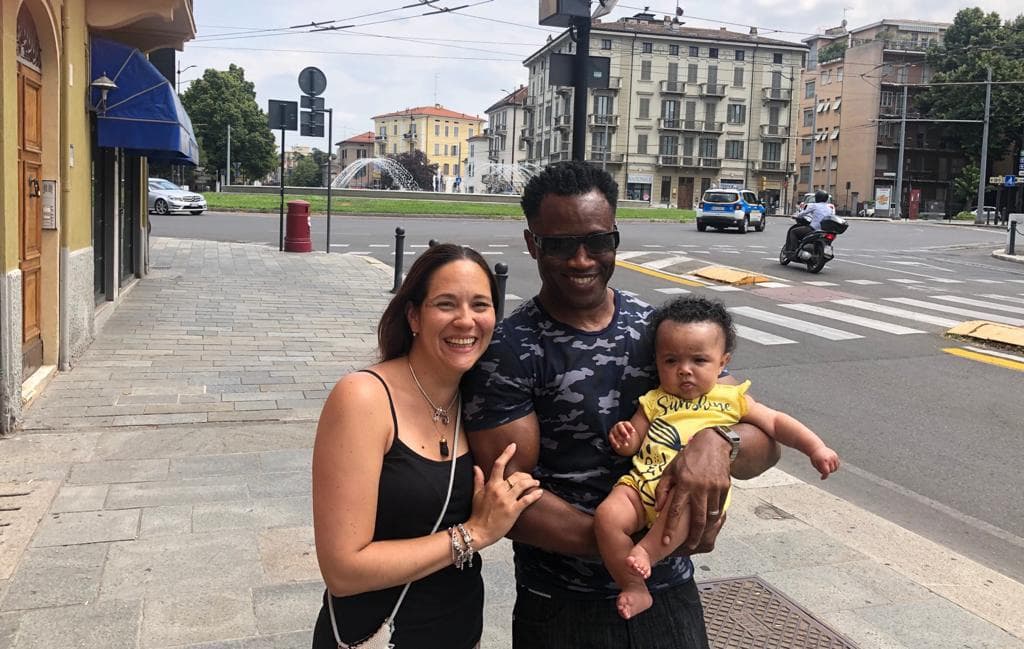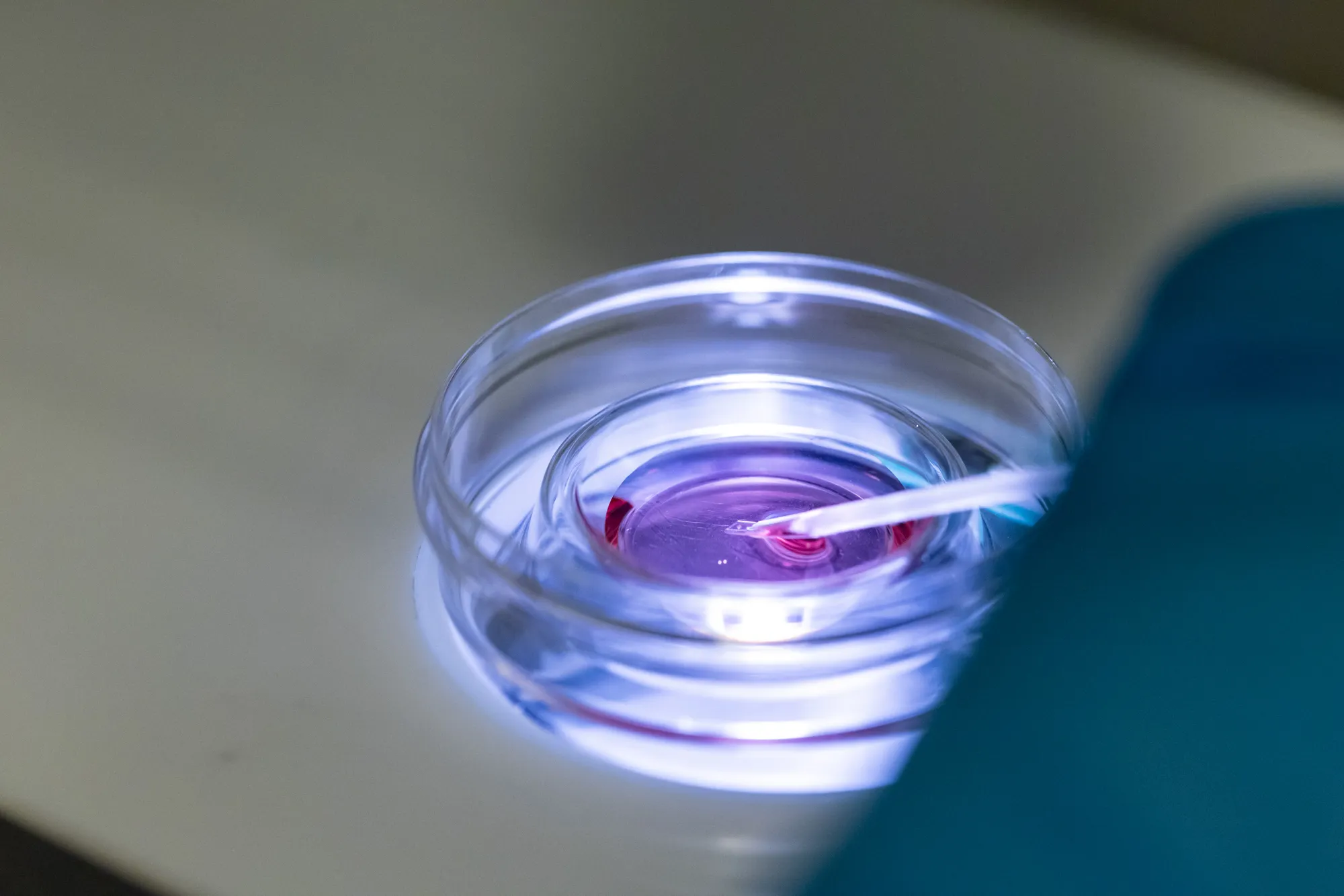IVF with donor eggs
A form of IVF that uses another person’s donated eggs instead of your own.
Introduction
Is IVF using donor eggs right for me?
There are many reasons why you might think about using donor eggs instead of your own – from a reduced egg reserve, starting a family in later life or as a result of cancer treatments. But whatever has brought you here, a known or anonymous donor can be a viable and rewarding chance to have a baby of your own. If you decide this is the route for you, you’ll be offered donors who our egg donation team believe are a close match to you. We can offer counsellor support to help you through this process. Understanding the overpowering influence of nurture in a child’s development can be helpful to many patients.
Who’s it for
You might want to use IVF with donor eggs if…
- Your egg store is low or nil
- You were born without functioning ovaries (e.g. Turner syndrome)
- Your ovaries have been removed for cancer, ovarian tumour, or endometriosis
- Your ovaries were damaged by previous chemotherapy or radiotherapy
- You’ve experienced multiple IVF failures
- You have an inheritable condition
Statistics at Harley Street
We have an increasing availability of donor eggs at our clinic and stored in our donor bank.
It means we can match most recipients with a suitable donor very soon, even for patients of ethnic minority origins. We also use a new egg freezing technique known as vitrification that provides 78% survival rates for the freezing and thawing process.
78%
Vitrification

The process for IVF with donor eggs and what to expect
Step 1: Selecting your donor
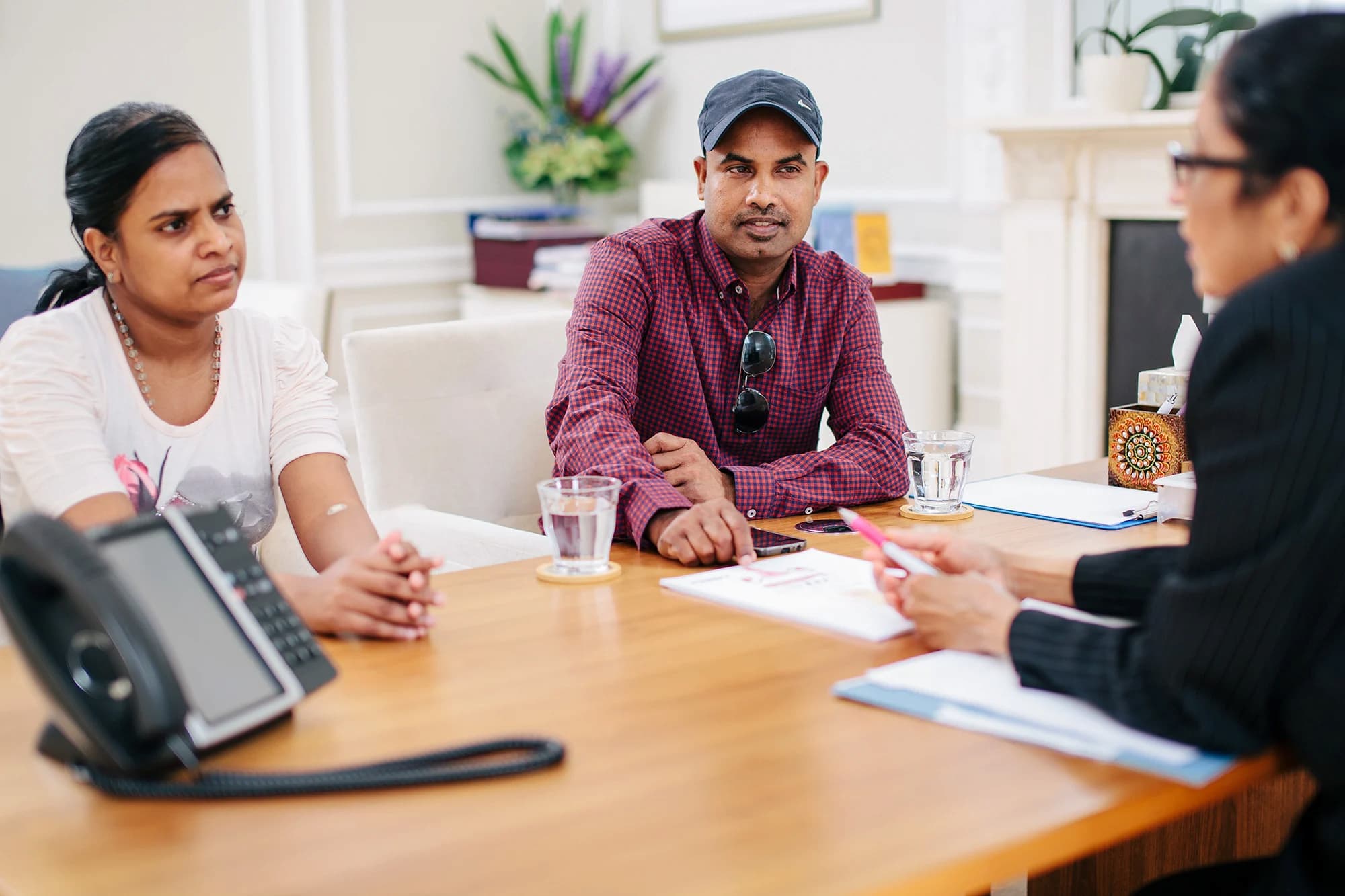
Step 2: Endometrial scratch
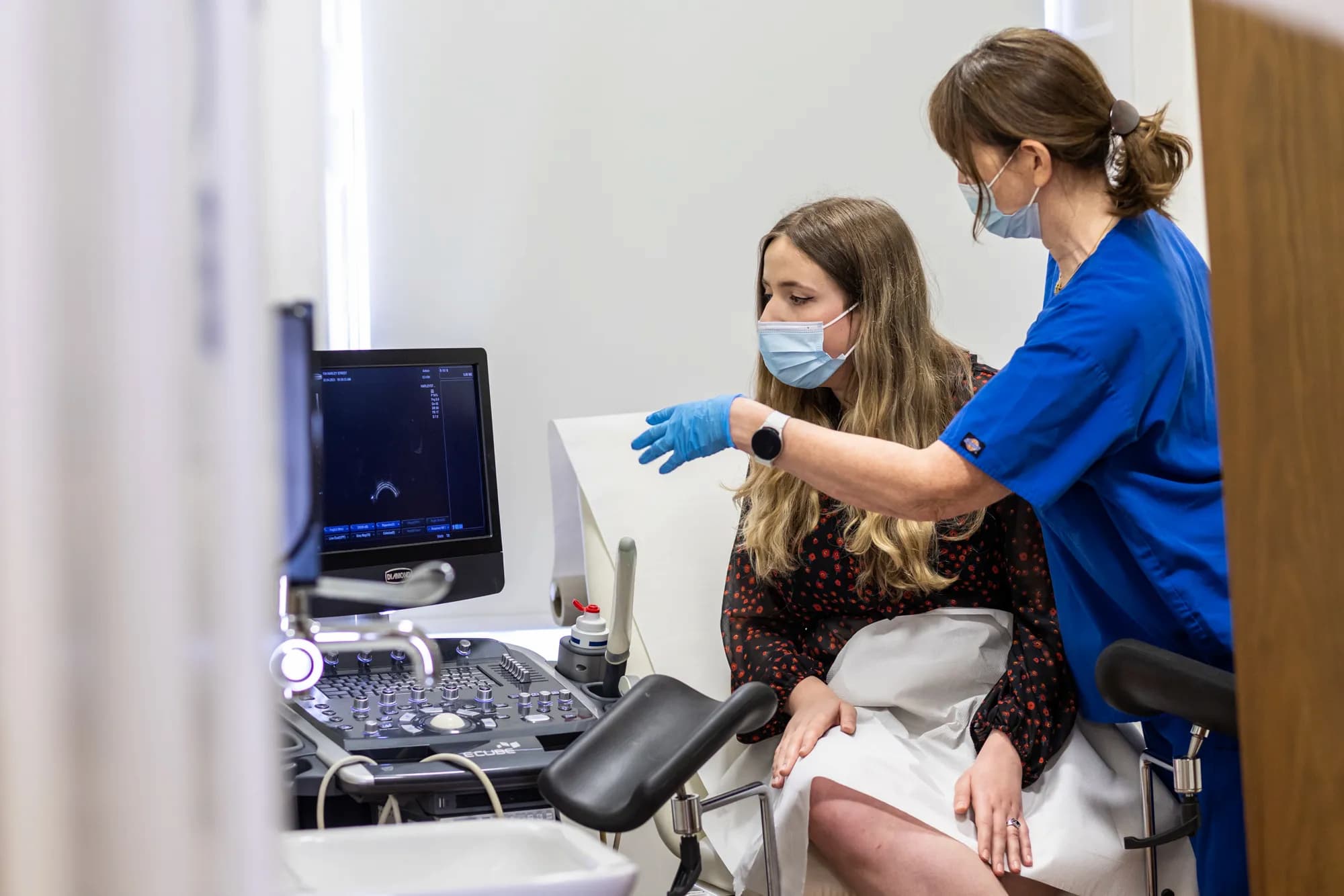
Step 3: Preparing your uterus
.jpg?width=725&height=484&name=Uterus%20scan%20(3).jpg)
Step 4: Fertilising the eggs and growing embryos
On the same day, we will thaw the frozen donor eggs and fertilise them by ICSI using the planned sperm sample (partner or donor).
The fertilised eggs will be grown to the blastocyst stage, 5 or 6 days post fertilisation, in our time-lapse incubator. The embryology team will update you regularly about the development of your embryos.
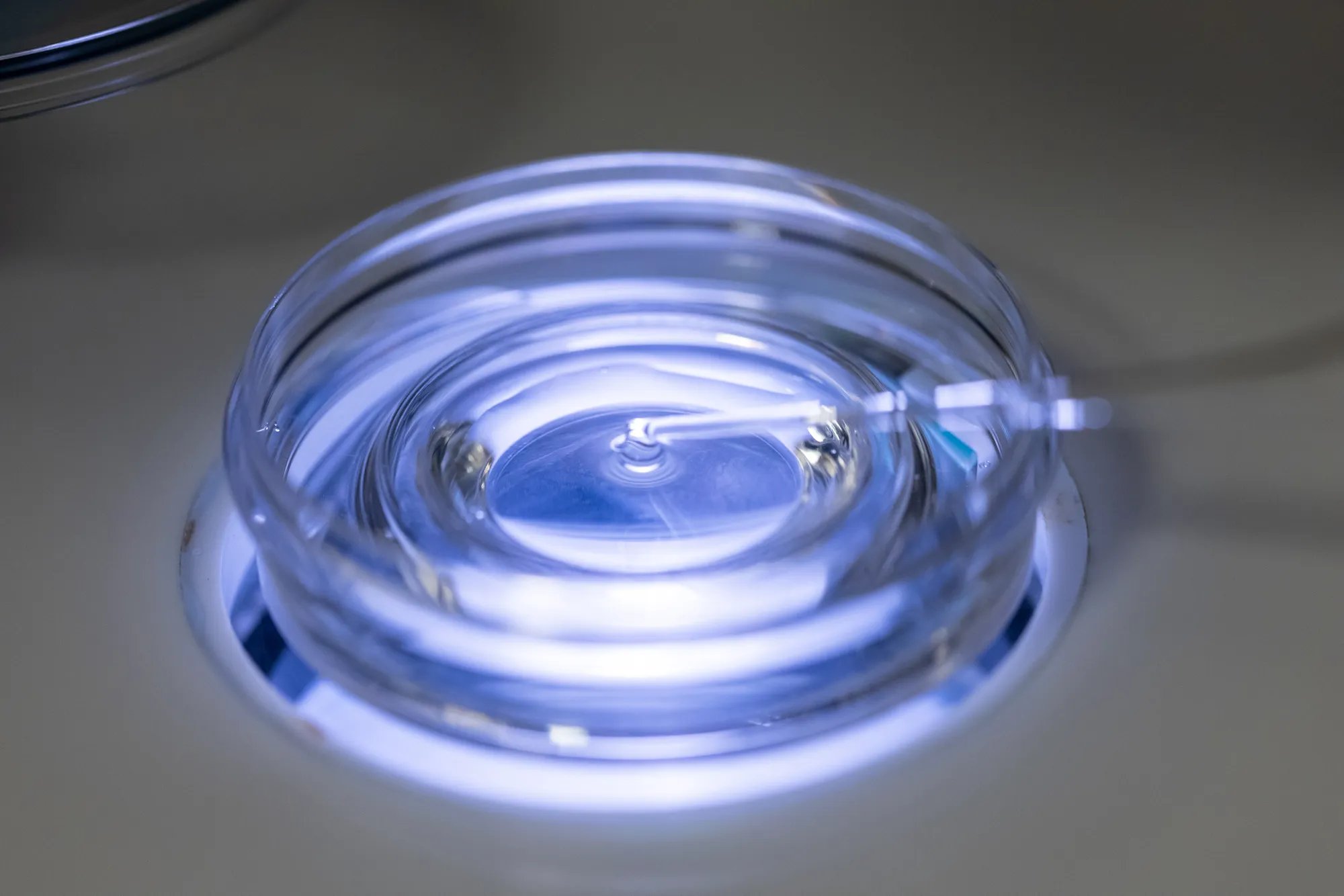
Step 5: Transferring the embryos
The best blastocyst stage embryo will be selected for embryo transfer. The embryo transfer is a straightforward procedure and typically does not require sedation.
Any remaining good quality embryos will be frozen for future use.
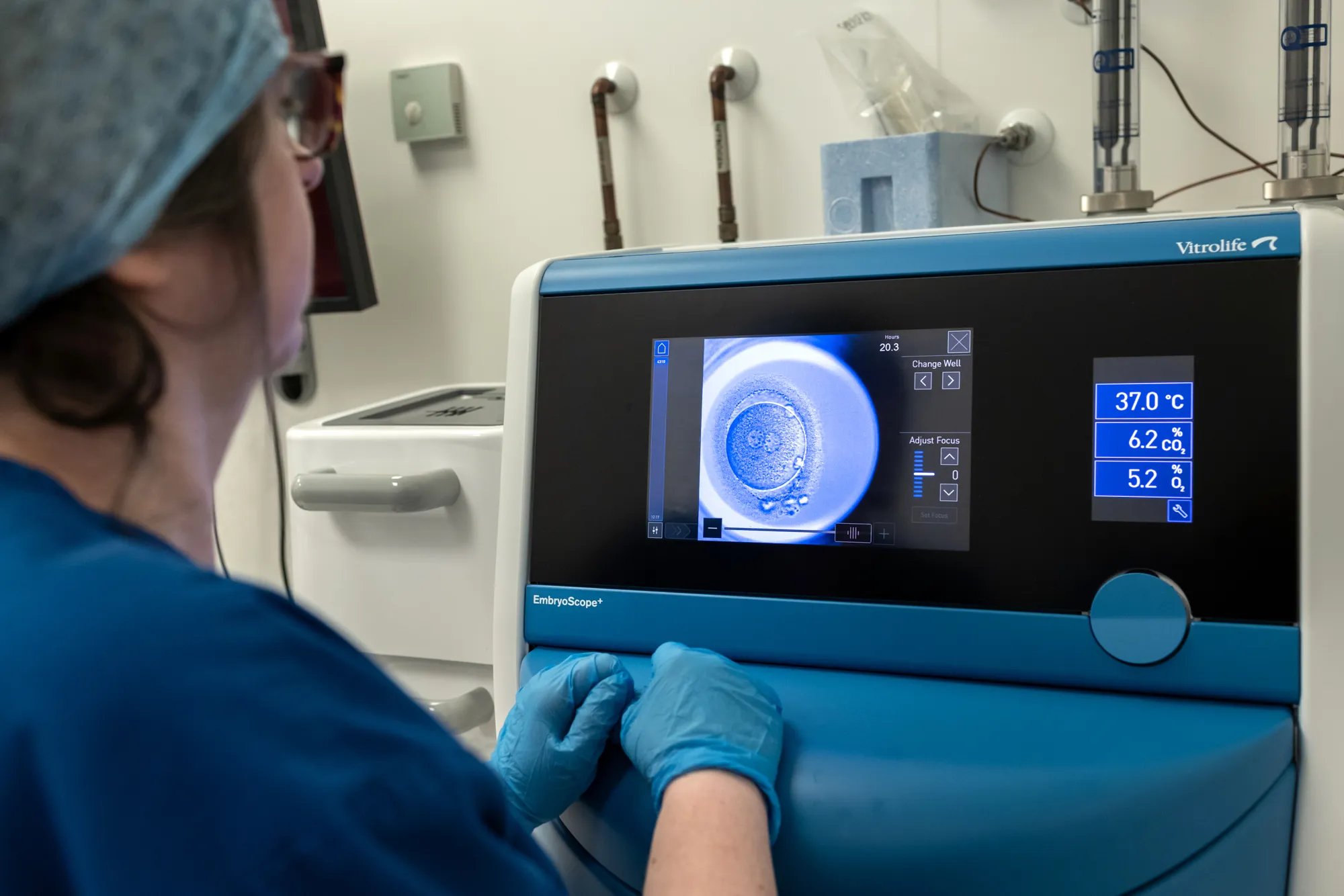
IVF with donor process
